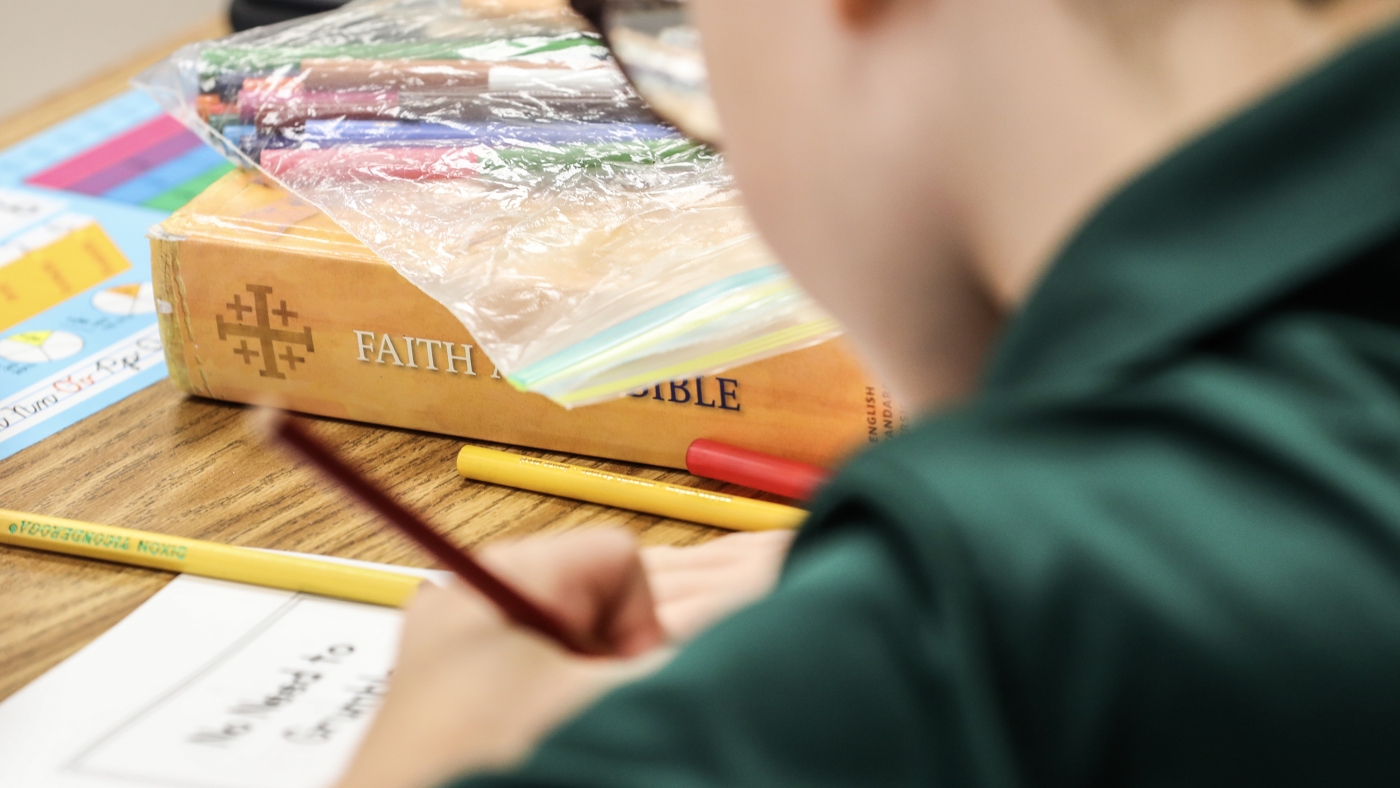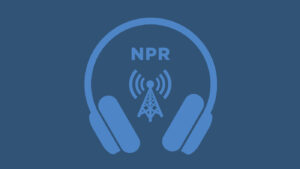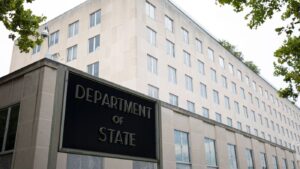Federal School Voucher Plan Moves Closer to Reality in U.S.
A groundbreaking initiative aimed at utilizing federal tax dollars to aid families in covering private school tuition is making significant strides toward implementation in the United States. This effort aims to extend the reach of school choice across the nation.
This week, the House Ways and Means Committee, led by Republicans, voted to incorporate a federal school voucher program worth $20 billion over four years into a larger reconciliation bill. This bill also aims to extend the tax cuts initiated during President Trump’s tenure in 2017.
The proposal has been met with enthusiasm from school choice proponents and Republican leaders. “Expanding President Trump’s tax cuts is about preserving the American Dream. Giving parents the ability to choose the best education for their child makes the dream possible,” stated Sen. Bill Cassidy, R-La., who played a pivotal role in steering the voucher initiative through the Senate.
Tommy Schultz, CEO of the American Federation for Children, expressed support, stating, “We are one step closer to bringing school choice to every state in America. Ultimately, every child, especially from lower-income families, should have access to the school of their choice, and this legislation is the only way to make that happen.”
However, the proposal has faced stark opposition from public school advocates. Becky Pringle, NEA President, criticized the measure, saying, “Vouchers weaken public education and limit opportunities for students. They siphon crucial funding from public schools—serving 90 percent of students—and redirect it to private institutions with no accountability.”
Public schools risk losing essential funding tied to student enrollment, as students shifting to private schools would result in reduced financial support.
Concerns also extend to students with disabilities. Critics argue that the measure lacks adequate protections for these students, as private schools are not mandated to adhere to federal disability laws that ensure appropriate education for all children with disabilities.
Jacqueline Rodriguez, CEO of the National Center for Learning Disabilities, highlighted the risk, noting, “It is quite possible that families with disabilities will use a voucher under the pretense that their child will have the same rights when in fact they do not.”
Understanding the National School Voucher Proposal
This initiative seeks to establish a national school voucher system via the federal tax code, even in states that have resisted such moves. The funding mechanism involves private citizens making charitable donations to Scholarship Granting Organizations (SGOs), incentivized by a dollar-for-dollar federal tax credit.
Carl Davis from the Institute on Taxation and Economic Policy remarked, “It’s about three times as generous as what you’re gonna get from donating to a children’s hospital or a veteran’s group or any other cause. It really preferences voucher groups over every other kind of charity.”
The SGOs would then allocate the funds as scholarships for various educational expenses, including private school tuition and homeschooling costs. The tax credit is capped at $5 billion annually from 2026 to 2029.
The proposal is not limited to low-income families, as eligibility extends to students from households earning up to 300% of their area’s median gross income.
Insights into School Voucher Programs
School voucher programs have existed for decades, with recent years witnessing a surge in statewide implementations. However, debates continue over their efficacy and impact. Initial results indicate that funds often benefit students already in private schools, as seen in Oklahoma, where less than 10% of voucher applicants came from public schools.
In Iowa, a review found tuition hikes in private schools following the introduction of a voucher program. Academic benefits remain contested, with studies like a review of Ohio’s program indicating higher college enrollment among voucher students, yet other research highlights declining academic performance, particularly in math.
Josh Cowen, a Michigan State University professor, voiced opposition after extensive study, stating, “The bigger and the more recent the voucher system, the worse the results for kids.”
Conversely, Patrick Wolf of the University of Arkansas suggests parents consider factors beyond academics, such as safety and bullying, when opting for private school vouchers.
The current voucher proposal aligns with broader efforts by the Trump administration to reduce federal involvement in education. The measure awaits a full House vote and Senate approval, where a simple majority is required for passage.






